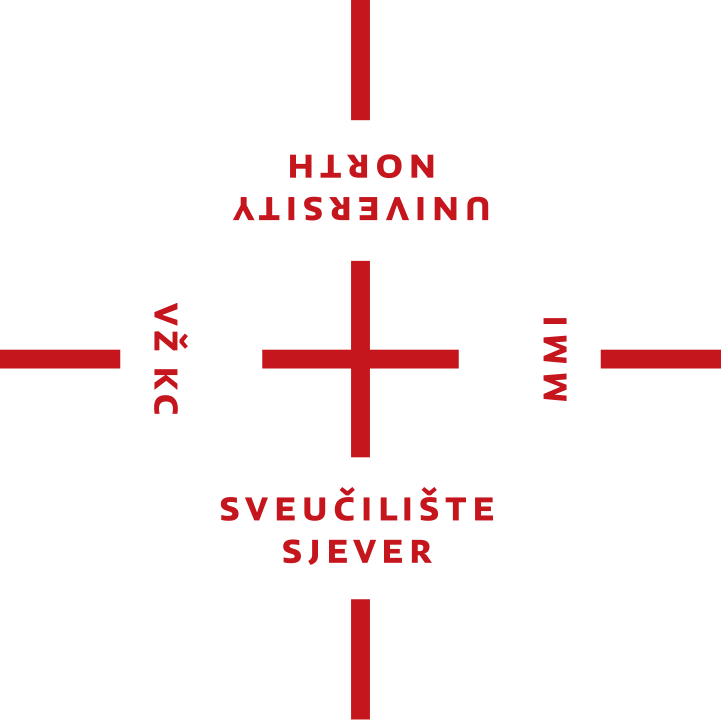General information
Doctoral Study in Media and Communication is based on the Salzburg Principles (2005) and Salzburg II Recommendations, which seek to highlight the specificity of doctoral education in the European Research Area and the European Higher Education Area.
In an effort to bring the study programme of Doctoral Study in Media and Communication as close as possible to the current trends in doctoral education in the European Research Area, the programme sought to implement the following important elements: improving knowledge through original research; emphasis on the role of mentorship; insisting on transforming doctoral candidates into an active, critical mass; emphasis on interdisciplinarity; increasing mobility, etc.
Research in the field of media and communication, supported by the advancement of information technologies, is developing at an exceptional speed both in theoretical and methodological terms. These changes directly affect not only innovations that engage the scientific-research context, but they also enhance the diversity of social and cultural processes on a global scale. A doctoral study based on contemporary trends in thinking about information and communication sciences focuses on educating researchers to meet the labour market demands and contribute to the creation of new and relevant knowledge that they will be able to apply in a professional environment.
Doctoral Study in Media and Communication is positioned in the information and communication field of social sciences with a prominent interdisciplinary component that extends towards humanities on the one hand, and on the other hand towards technical sciences and artistic fields.
Competences of doctoral candidates upon completion of the study
The level of qualifications acquired under the programme of doctoral studies is level 8.2 according to the Croatian Qualifications Framework, which is related to the creation and evaluation of new facts in the area of scientific research, which leads to the transfer of knowledge boundaries. Also, doctoral candidates develop social skills and independence and responsibility in their work.
Learning outcomes of the programme:
1: the ability to obtain information by critical evaluation (literature review, critical analysis of the texts, detection bias, interview skills)
2: the ability to design and implement research project (drafting research proposals, organization of research processes, risk detection, budget planning, and research team management)
3: implementation of statistical packages for data analysis (interpretation base on analysis of qualitative and quantitative data)
4: the ability to implement appropriate research methods in scientific research
5: to design and implement new theoretical paradigms based on original research in the field
6: demonstrate skills in academic writing and communication (mastery in speaking and listening skills, ability to promote achievements in the field to non-professional communities)
7: respects ethical and professional principles in scientific research and professional activities
8: demonstrates awareness of social responsibility for the success of the research, the social usefulness of the research results and the possible social consequences
9: organizational competencies for scientific and professional efficiency
10: organizational competencies for time management and career-building
 University
University